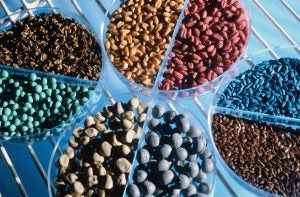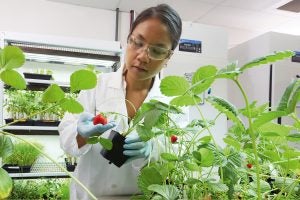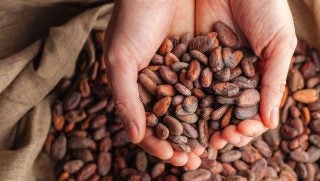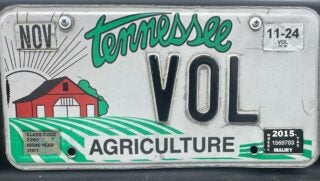It’s official: The Bayer acquisition of Monsanto has taken place, and, as of today, agriculture will be forever changed.
Monsanto hardly needs any introduction. The agrichemical giant is mostly associated with its genetically engineered Roundup Ready line of crops and the complimentary herbicide. It was announced in 2016 that Bayer, mostly popular associated with medicine, wanted to acquire Monsanto. Regulatory agencies around the world weighed in on the deal, with concerns being raised about whether it would create a monopoly. Both companies research and produce agricultural inputs. But after divesting portions of the company, including Bayer’s vegetable seed line, approval for the merger has been granted. Early this week, Bayer announced that it will officially retire the Monsanto name.
So, what will this new era mean for farmers?
In some ways, it isn’t nearly as dramatic as it sounds. Most Monsanto products, technology, and services will still be available, just now owned by Bayer. This includes some of the most popular seed brands, like DEKALB and Asgrow. Most of the employees will make the transition to Bayer and will now receive a paycheck from a rebranded company line. In many ways, life will go on as normal.

Of course, the merger also means that Bayer and Monsanto will be combining their research and development efforts. By acquiring Monsanto, Bayer will be boosted the forefront of agricultural development. Both companies already have extensive R&D departments that work with huge budgets. The upside of this merger is that the work previously done separately will now be done cohesively. There is major potential for the research being done to benefit and crossover into different segments, including medicine and agriculture.
In a statement Thursday morning, Werner Baumann, Chairman of the Bayer Board of Management, said, “Today is a great day: for our customers — farmers around the world whom we will be able to help secure and improve their harvests even better; for our shareholders, because this transaction has the potential to create significant value; and for consumers and broader society, because we will be even better placed to help the world’s farmers grow more healthy and affordable food in a sustainable manner,” said Werner Baumann, Chairman of the Bayer Board of Management.
However, farmers do have some legitimate concerns about the acquisition.
Primarily, will this lead to further consolidation of seed and chemical companies? The market for these companies is already fairly thin, with most retailers connecting with Monsanto, Bayer, or their competitors Syngenta and BASF. The merger now means one less company competing in the marketplace. Less competition usually means higher prices and less options. While the regulatory process is designed to prevent too much consolidation, farmers definitely have a right to worry. We’ve had tough market conditions for a while now, and input costs continue to rise. Only time will really tell the true economic result of the acquisition.

But that leads to another potential benefit of the merger that most people may not have considered — the retirement of the Monsanto name. If ever there was a name to evoke irrational fears and the ire of activists, it was Monsanto (or MonSatan as some dubbed it). It was an easy target as a pioneer in the genetically modified crops market and because of its role in Vietnam War-era use of Agent Orange. Monsanto was blamed for a variety of social ills, from cucumbers that made eaters go bald down there to autism and the obesity epidemic. Quite successfully, environmental activists have painted the company as the devil incarnate. Retiring the name and moving on creates a new slate and new opportunities.
It definitely feels like the end of an era, even for a farmer’s daughter. I visited the Monsanto headquarters in St. Louis in 2017 and found it fascinating. I have met so many wonderful and supportive people at the company. I appreciate the changes and advancement Monsanto has brought to agriculture.
I look forward to seeing where the new chapter leads.
Amanda Zaluckyj blogs under the name The Farmer’s Daughter USA. Her goal is to promote farmers and tackle the misinformation swirling around the U.S. food industry.



